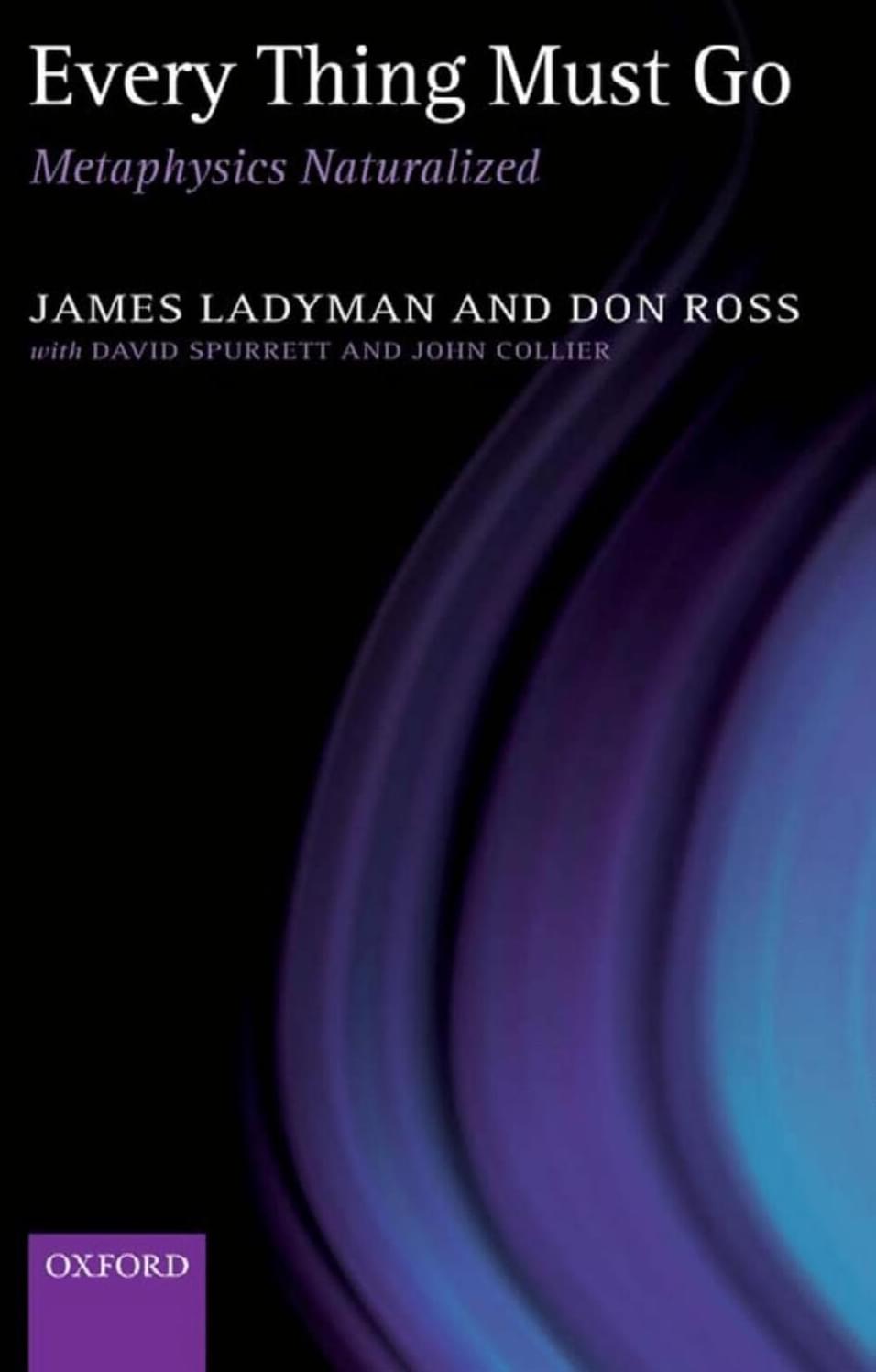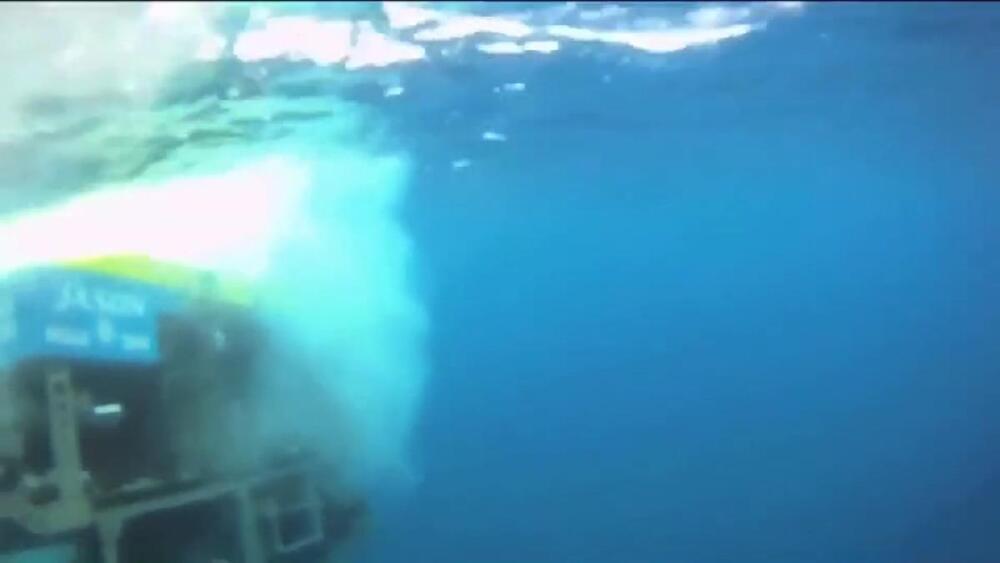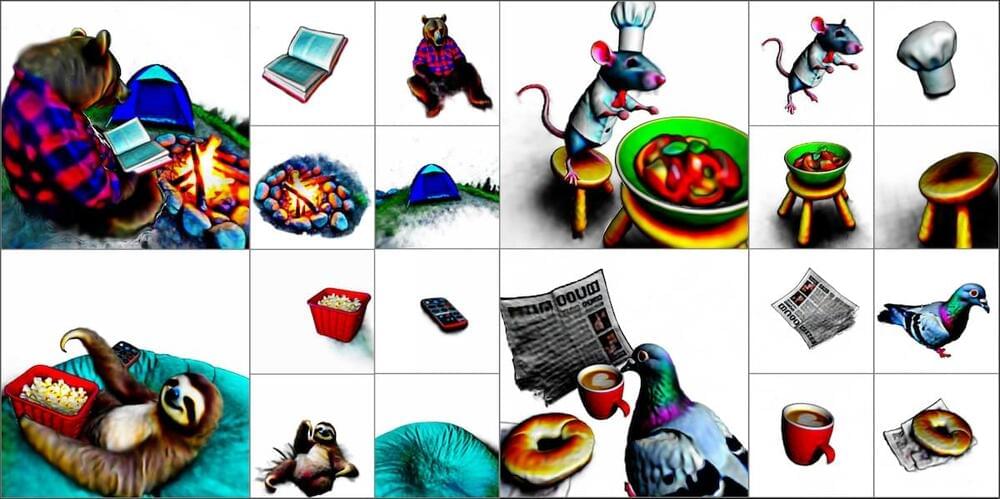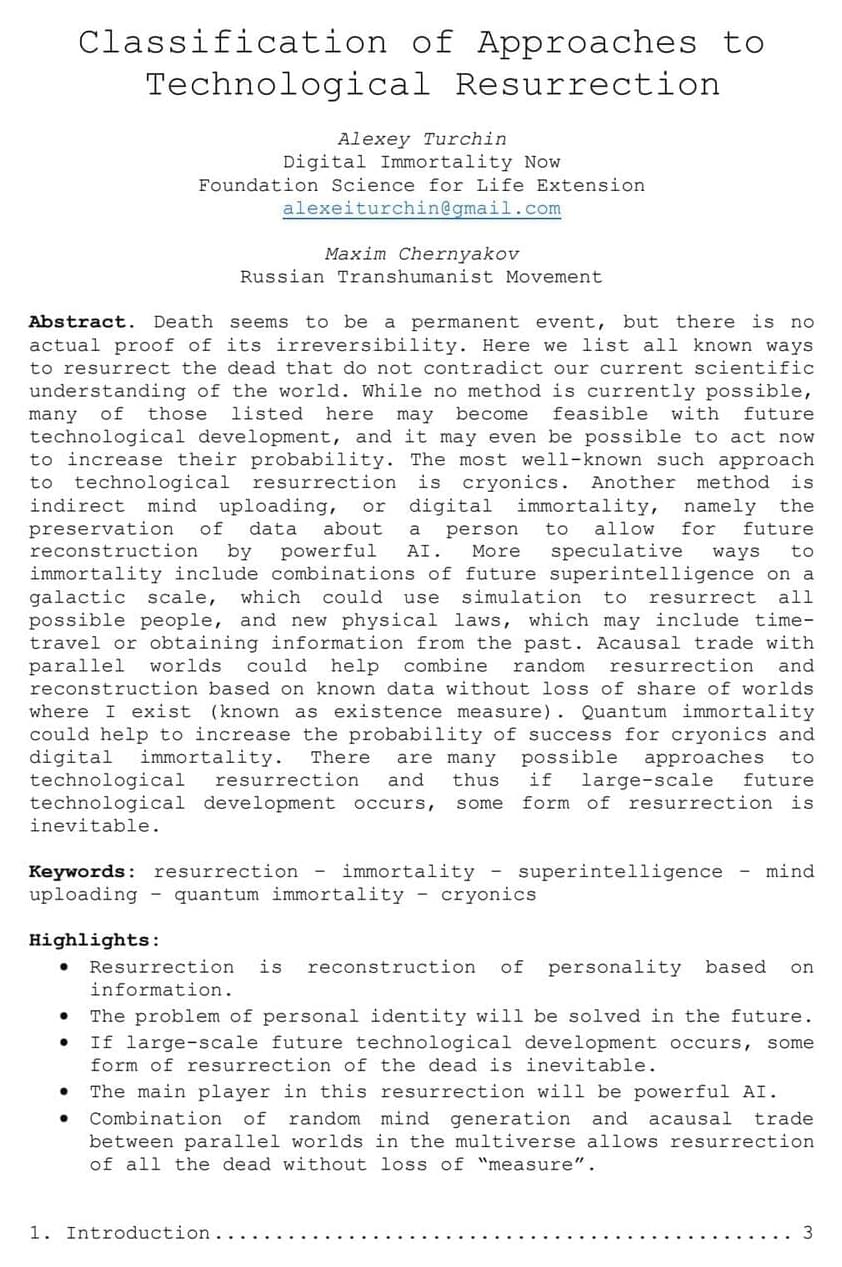The nonprofit group behind the East Valley project has been raising millions of dollars behind the scenes for several years.




The next-gen Chevy Bolt EV is due out next year after GM ended production of its top-selling electric model at the end of 2023. GM’s CFO Paul Jacobson says the new Bolt EV will save the company billions by becoming North America’s first Ultium-based model to use LFP batteries.
After EV enthusiasts like myself were disappointed to learn GM planned to discontinue the electric Chevy Bolt EV last year, GM’s CEO Mary Barra revealed a next-gen model was in the works.
During a media call last July, Barra revealed the Bolt EV will live on as an Ultium-based model, claiming it will streamline production.






Finding people who share your active passion — to go hiking, biking, running, whatever — is a pretty enduring problem. Existing friends and family aren’t always going to be into the same sporty pursuits as you and making new buddies at the gym or crag can be kinda awkward. Ditto trying your luck on random Facebook or WhatsApp groups. Step forward.